Patient testimonials are a powerful way to build trust and credibility for your medical practice. They allow prospective patients to see the value of your care through the eyes of others. However, improper use of testimonials can lead to unintended violations of the Health Insurance Portability and Accountability Act (HIPAA). To protect patient privacy and stay compliant, it’s crucial to understand the risks and take proper precautions. This blog post explores how testimonials might violate HIPAA, highlights common platforms where reviews are left, and discusses how using pictures with testimonials can compromise patient privacy.
Table of Contents
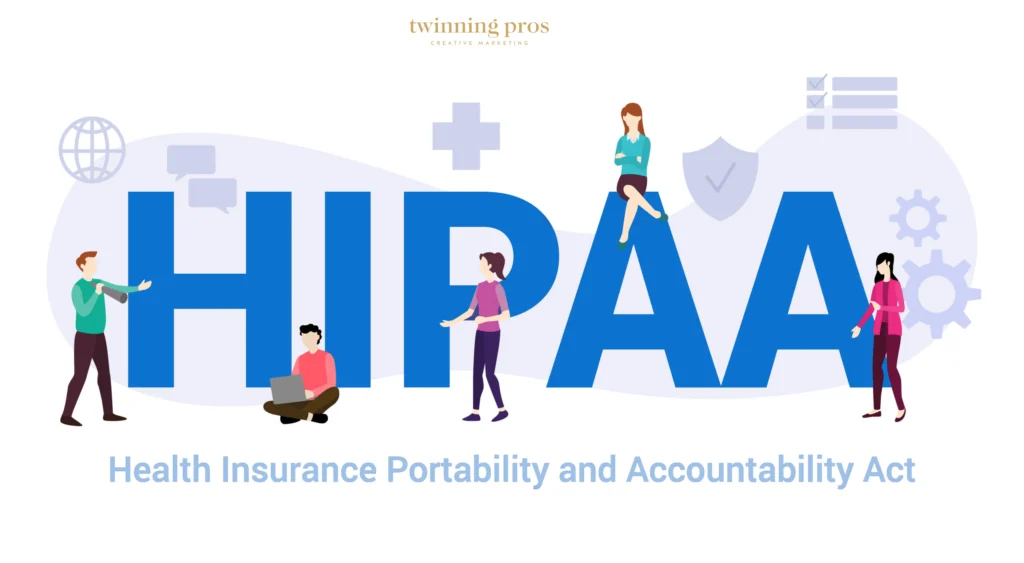
What Constitutes a HIPAA Violation in Testimonials?
HIPAA defines Protected Health Information (PHI) as any information that identifies an individual and relates to their health condition, treatment, or payment for healthcare services. Testimonials, whether written, video, or photographic, can unintentionally reveal PHI, leading to a breach.
Examples of common violations include:
- Posting testimonials that include patient names or details about their diagnosis or treatment without explicit consent.
- Sharing photos of patients with accompanying testimonials that imply a patient-provider relationship.
Even if a patient willingly shares their experience in a public forum, such as a Google review, this does not grant automatic permission for the practice to reuse it elsewhere, such as on a website or social media.
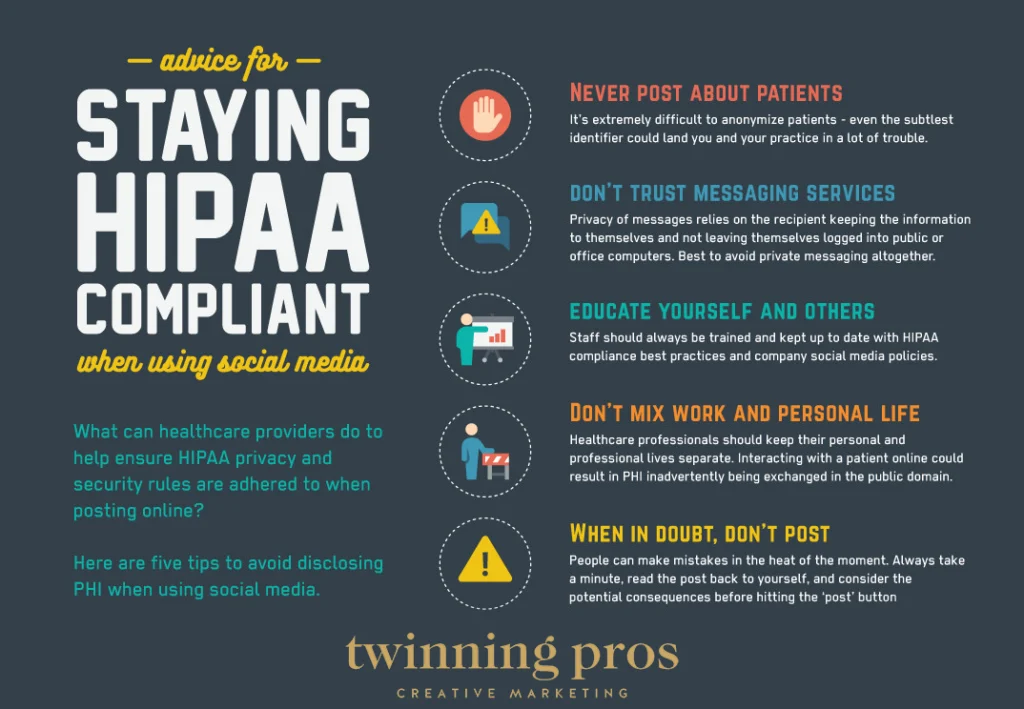
Why Proper Authorization is Critical
HIPAA requires healthcare providers to obtain a written, HIPAA-compliant authorization from patients before using their testimonials or images. This authorization must:
- Clearly describe the information to be used.
- Specify the purpose for which the information will be used.
- Include an expiration date or event for the authorization.
Without this explicit authorization, any use of testimonials containing PHI could result in a HIPAA violation. Penalties for non-compliance can range from fines to reputational damage, emphasizing the importance of proper documentation.
Learn more about HIPAA’s requirements for patient consent from the U.S. Department of Health and Human Services.
Common Platforms Where Reviews Are Left
Patients often share feedback on public platforms. Here’s how different platforms pose unique risks:
Google Reviews
Google Reviews are one of the most popular platforms for patients to share their experiences. However, just because a review is publicly available does not mean it can be freely reused. Republishing reviews on your website without explicit consent may still violate HIPAA.
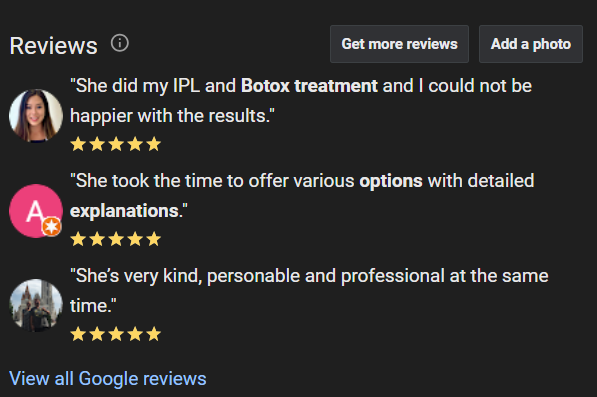
Zocdoc and Healthgrades
Patients frequently leave reviews on healthcare-specific platforms like Zocdoc and Healthgrades. While these reviews are designed for public viewing, repurposing them in marketing materials without written authorization can expose a practice to HIPAA violations.
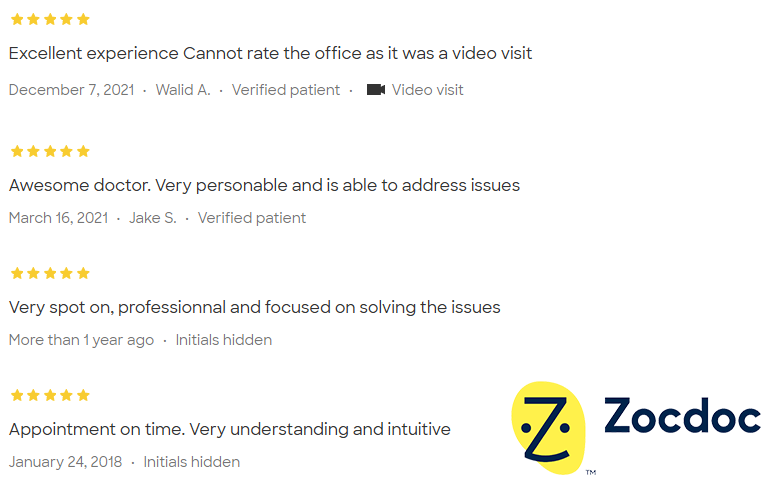
Social Media Comments
Comments left by patients on your social media posts can inadvertently include PHI. Sharing or resharing these comments on other platforms without consent could breach patient confidentiality.

Using Testimonials with Photos: A Risky Business
Photos add a layer of complexity to HIPAA compliance. Identifiable features, such as facial images or unique physical characteristics, qualify as PHI under HIPAA. When paired with a testimonial, the risk of a privacy violation increases significantly.
Examples of improper use include:
- Posting before-and-after photos with detailed captions about the procedure.
- Using group photos from events or promotions where patients are recognizable without their explicit consent.
Even if a patient verbally agrees to be photographed, HIPAA compliance requires documented, written authorization. Additionally, the authorization must specify how and where the photo will be used.
For more information on HIPAA compliance in marketing, visit the American Medical Association’s guide.
Potential Consequences of Violating HIPAA for Physicians
Physicians who violate HIPAA may face significant consequences, including:
Financial Penalties
The U.S. Department of Health and Human Services (HHS) Office for Civil Rights (OCR) enforces HIPAA and imposes penalties based on the severity of the violation:
- Tier 1 (Unknowing Violation): $100 to $50,000 per violation, up to $25,000 per year for repeat violations.
- Tier 2 (Reasonable Cause): $1,000 to $50,000 per violation, up to $100,000 per year.
- Tier 3 (Willful Neglect – Corrected): $10,000 to $50,000 per violation, up to $250,000 per year.
- Tier 4 (Willful Neglect – Not Corrected): $50,000 per violation, up to $1.5 million per year.
These penalties can quickly add up, particularly for ongoing violations.
Civil and Criminal Liability
HIPAA violations can also lead to civil lawsuits from patients if their PHI is disclosed improperly. In addition, criminal charges may apply in cases of intentional misuse, with penalties including:
- Fines: Up to $250,000.
- Imprisonment: Up to 10 years for offenses involving malicious intent or personal gain.
Loss of Trust and Reputation
Patients trust physicians to protect their private information. A HIPAA violation can severely damage that trust, leading to loss of patients, negative reviews, and long-term harm to the practice’s reputation.
Corrective Action Plans and Monitoring
The OCR may require the practice to implement a Corrective Action Plan (CAP), which includes mandatory training, policy revisions, and ongoing audits. Practices under a CAP often face years of government monitoring, increasing operational burdens.
Impact on Licensure
In severe cases, state medical boards may take disciplinary action against the physician’s medical license, including suspension or revocation.
How to Safely Use Testimonials and Reviews
To protect your practice and your patients, follow these best practices:
- Obtain Written Authorization Ensure every testimonial and photo has a HIPAA-compliant authorization form signed by the patient. The form should outline exactly how the content will be used.
- Avoid Disclosing PHI Use generic or anonymized testimonials, such as “A patient shared that they had an excellent experience with our team.” This removes identifying details while maintaining the testimonial’s value.
- Leverage Third-Party Review Widgets Instead of republishing reviews manually, embed third-party review widgets from platforms like Google or Healthgrades on your website. This ensures the reviews are displayed in their original, compliant format.
- Use Aggregated Feedback Highlight general trends, such as “95% of our patients would recommend us to a friend,” rather than quoting specific testimonials.

Conclusion
Testimonials can be a valuable marketing tool for physicians, but improper use can lead to serious HIPAA violations. By understanding the risks, obtaining proper authorization, and implementing safe practices, healthcare providers can ethically leverage patient feedback while protecting patient privacy. Staying compliant not only avoids legal repercussions but also reinforces trust with your patients.
If you need assistance ensuring your website and marketing materials are HIPAA-compliant, contact Twinning Pros today. We’ll help you create a strategy that highlights your success while safeguarding patient privacy.
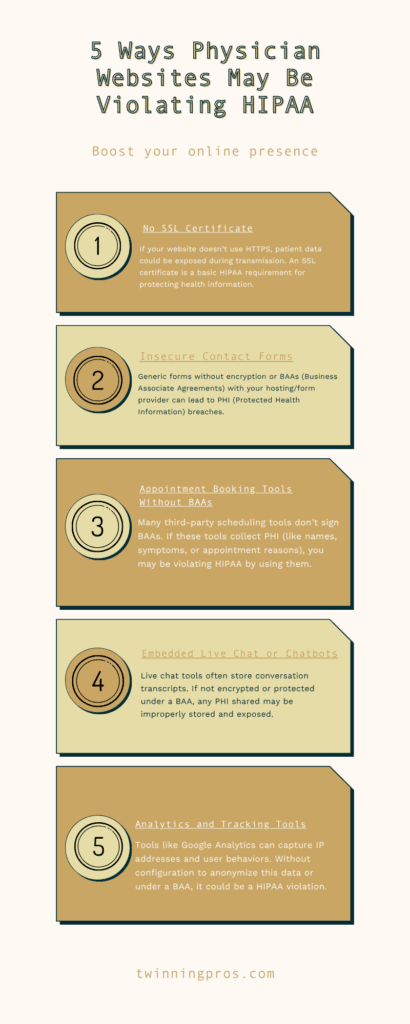
SEO for Beginners
Learn from the SEO Strategist who has 75+ first page Google rankings under her belt.
We’re marketing nerds and business strategists that have generated millions of dollars in client revenue. We're sharing the systems and strategies to help your growing business with marketing that actually converts.
We're Tiffany + Tabatha

Comments